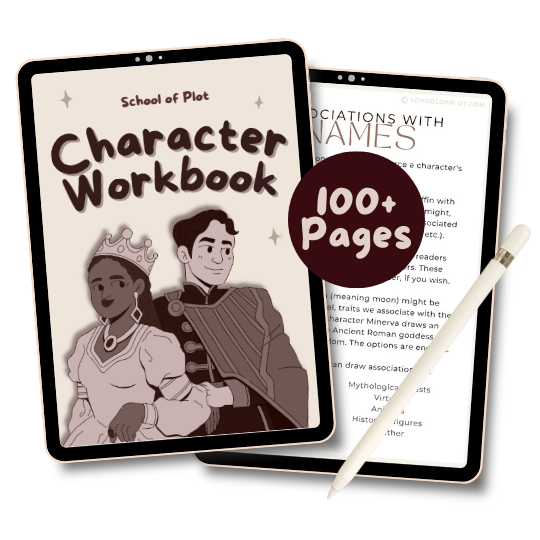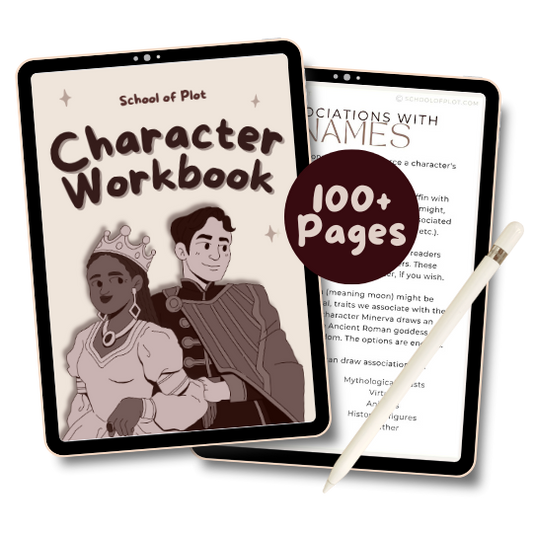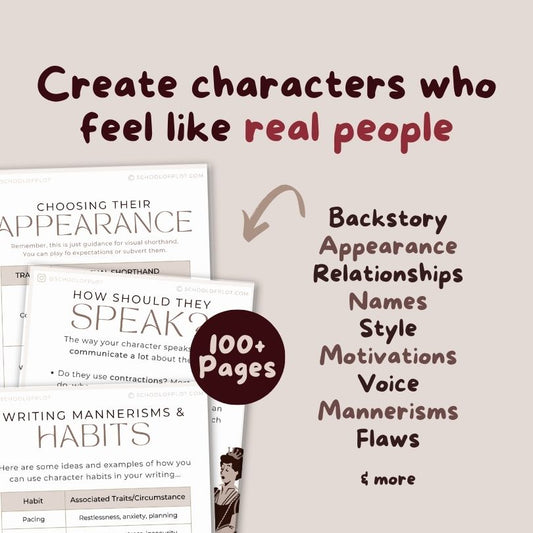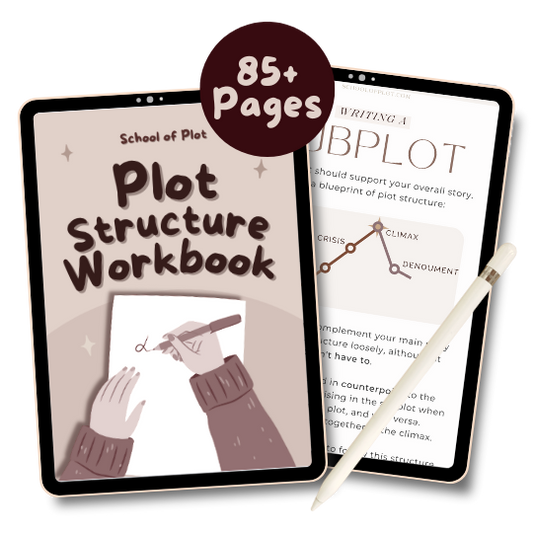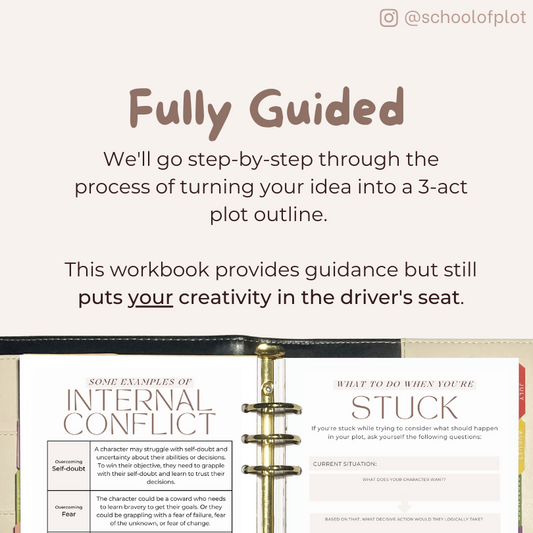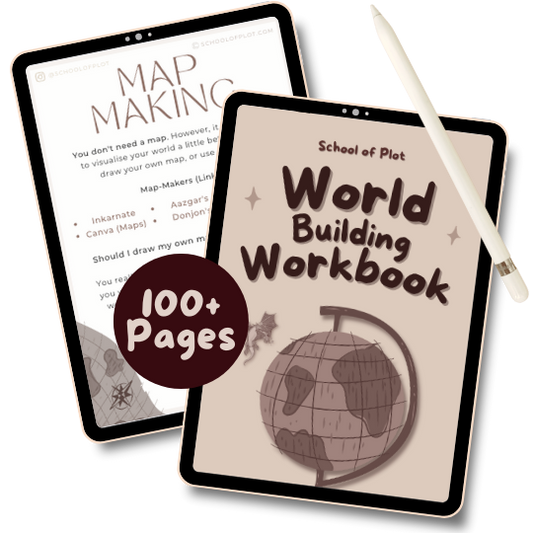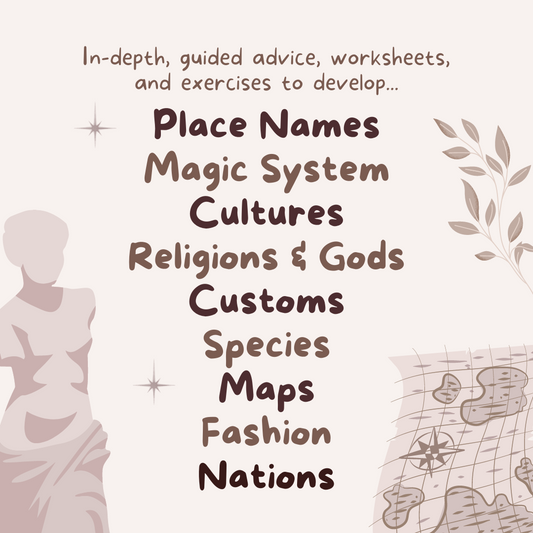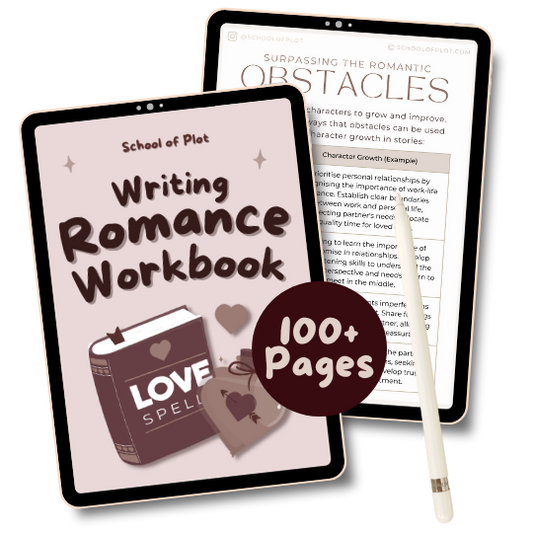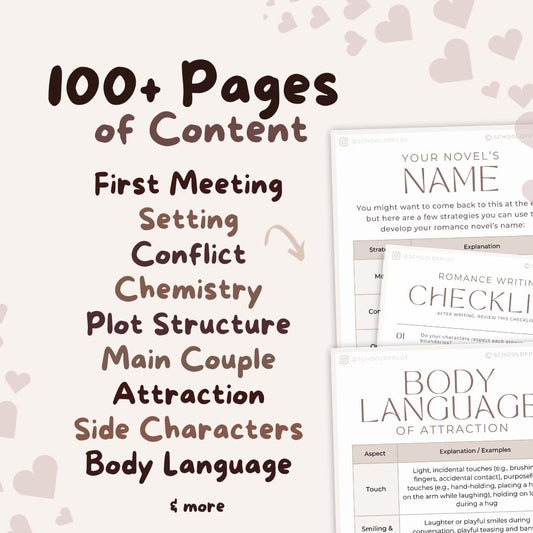If your writing feels bloated or you're dealing with pacing issues, you might be in a position to get your big red pen out and start drawing Xs. Words like "just," "really," and "somehow" might seem harmless, but when they pile up, they dilute your writing.
Let’s start by saying that all these points have some nuance to them. A lot of these words can be cut in favour of something sharper or more vivid, but maybe you want to leave them in because they add to the voice of the piece, or the rhythm.
But first, help yourself to some writing cheat sheets. They're free!
Subjective words with no evidence
You can often replace subjective words with a more concrete description. Instead of telling us the garden was ugly, you could describe the yellowing weeds and the rotting fruit.
If you're writing from a character's point of view, it makes more sense to include subjective words. Still, you can strengthen your writing by adding evidence. Instead of "the garden was hideous" you could say "The garden was hideous. Yellow weeds grew from a lawn pocked with rotten fruit".
Here are some more examples of subjective words...
- Ugly
- Nice
- Beautiful
- Boring
- Gross
- Cool
- Handsome
- Fascinating
- Amazing
Whatever your personal cliches are
Your personal cliches are phrases you unconsciously or habitually rely on.
The phrase "he sighed" comes up 50 times in my manuscript. A few more of my repeat offenders are...
- He shrugged offhandedly (this one is especially awful as one character is missing a hand and I really don't want that to be misconstrued as a some sort of one-handed joke)
- She gave a wry smile (I'm sure this is a remnant from reading a lot of fantasy YA in the early 2010s)
- He felt his pulse quicken (double guilty for use of "he felt")
Your personal cliches will be different. I’ve never read an SJM book but I’ve heard that one of her personal cliches has something to do with watery bowels (please confirm or deny in the comments).
Most of us tend to use these a lot in first drafts since they take less effort than creating fresh, more varied language. I go deeper into solutions to this one in today’s podcast episode, which you can find on Spotify or Apple.
Filtering words
Filter words distance the reader from the action or experience in a sentence. They "filter" the experience through the POV character, making the writing feel less immediate, direct, or vivid.
Sometimes this distance can be intentional, but often you’re just adding unnecessary layers between the reader and the story, watering down the impact of the action.
Examples include...
- Thought
- Knew
- Believed
- Wondered
- Saw
- Heard
- Felt
- Looked at
- Remembered
- Watched
- Realised
- Tasted
Little bits of filler
These are unnecessary little words that can be snipped out without changing the meaning of a sentence.
They often make sentences clunky, so they can be removed for conciseness, but you might want to keep them around for the rhythm/voice reasons we touched on earlier. Up to you!
They include...
- Really
- Just
- Basically
- Kind of
- Simply
- Actually
Again, you can find an episode about which words I’m personally trying to delete from my novel here on Spotify or Apple, as well as some alternatives and examples.
